SUMMARY
This is AI generated summarization, which may have errors. For context, always refer to the full article.
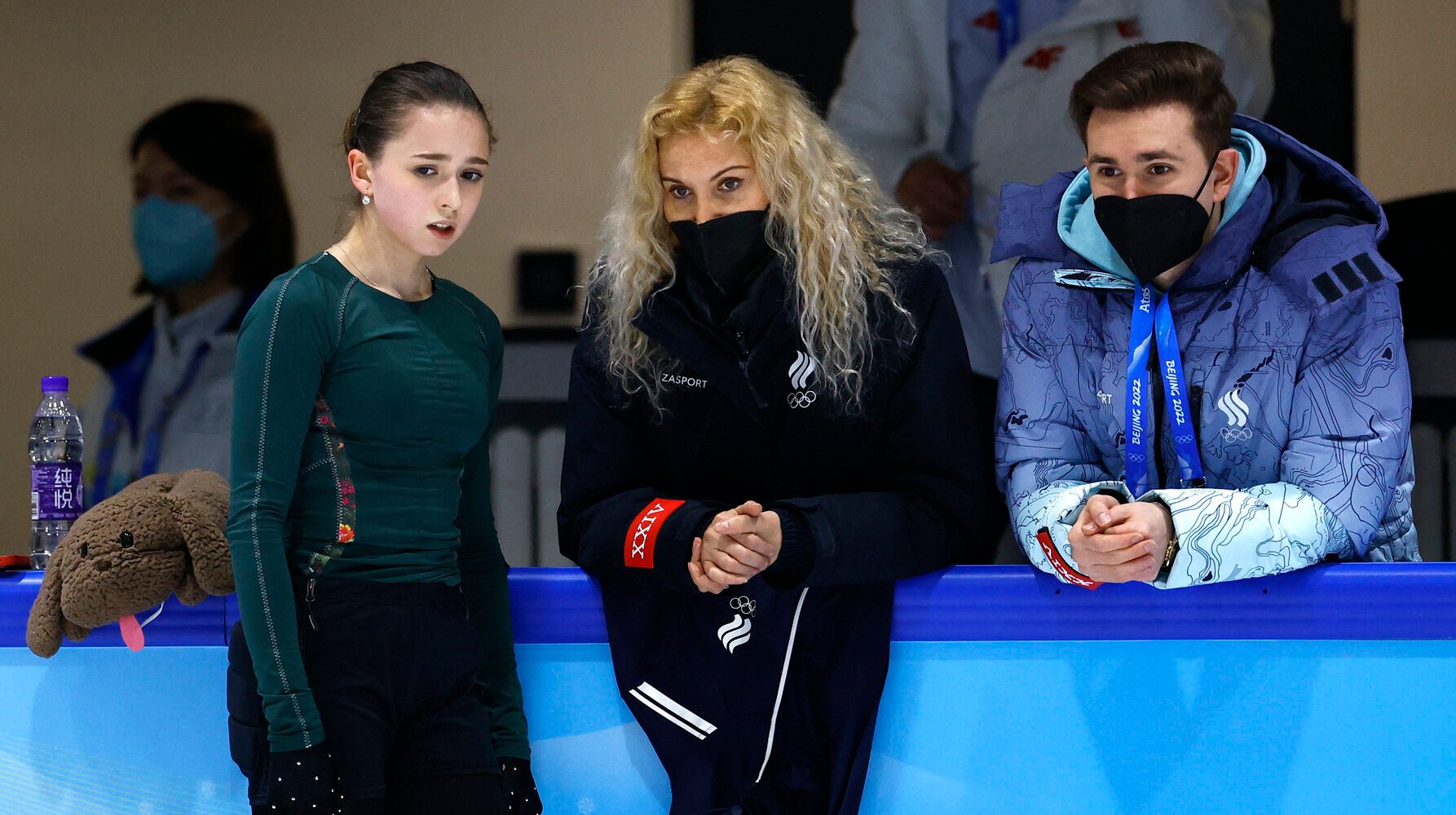
BEIJING, China – The world’s top anti-doping authority will investigate the entourage of 15-year-old Russian figure skater Kamila Valieva who tested positive for a banned drug, plunging her into a doping scandal at the Beijing Winter Olympics.
Valieva, whose Olympic future will be decided after a Court of Arbitration for Sport (CAS) hearing at 8:30 pm Beijing time, effortlessly completed a clean run through of her short program in practice on Sunday.
Watching her from the sidelines was her three coaches, Eteri Tutberidze, Sergei Dudakov, and Daniil Gleikhengauz, as well as the team doctor Filipp Shvetsky and a physiotherapist.
The World Anti-Doping Agency (WADA) said in a statement to Reuters on Sunday that it would ask its independent Intelligence and Investigations Department to probe the coaches, doctors, and other adults surrounding the athlete.
Earlier, the International Olympics Committee (IOC) said it had formally asked WADA to launch an investigation.
WADA also said that the Russian Anti-Doping Agency (RUSADA) has indicated it has already started investigating the entourage because Valieva is a minor.
Valieva tested positive for a banned heart drug at her national championships last December, but it took more than six weeks for her to be notified, allowing her to compete in Beijing.
Her future at the Games and a gold for the Russian Olympic Committee in the team event that she dominated on Monday now hangs in the balance amid a global outcry over Moscow’s doping history.
Tutberidze, the most sought after figure skating coach in Russia, has not responded to Reuters emails.
On Saturday, she said she was certain Valieva was “clean and innocent” in an interview with Russian state television.
“It’s unclear why an athlete with a suspected doping on December 25 was cleared to compete at the Olympics,” Tutberidze said.
“Either it is an ill-fated confluence of circumstances, or it’s a very well-planned plan. I hope our officials will not abandon us and defend our rights and prove our innocence.”
At 15, Valieva is one of the youngest athletes to have a positive test revealed at the Olympics, prompting outrage and questions about the role of the adults around her and the continuing scourge of Russian doping in international sports.
Rachael Denhollander, the first woman to publicly accuse former USA Gymnastics doctor Larry Nassar of sexual abuse, told Reuters the failed drug test was a reminder of how vulnerable young athletes remain.
“A child does not make a choice to take those kinds of medications unless they’re given to her by somebody who’s in authority,” Denhollander told Reuters.
“What we’re really seeing is the incredible damage that has come yet again to a child who has been under the control of adults who value her, not for who she is but for what she can produce for them.”
The IOC set up the entourage commission in 2010 as positive drug cases of athletes mounted in the 2000s, especially with the retesting of samples of past Olympics.
Russia’s state-backed doping scandal after the 2014 Sochi Olympics made more apparent that athletes often did not act alone but were supported by a wider network, including medics, coaches, agents and family and friends.
The commission can sanction individuals for a number of violations that include doping, unsportsmanlike conduct, and harassment. Sanctions can range from reprimands to permanent exclusion from the Olympics.
On Sunday, however, it will be Valieva’s future at the Games that is debated. A panel of three judges for CAS will hear arguments from the IOC, WADA and International Skating Union to reinstate a ban lifted by the Russian Anti-Doping Authority on February 9.
At stake is Valieva’s entry in the women’s single event on Tuesday. CAS has said they will notify all parties on Monday.
The fate of the gold medal that has still not been awarded for the February 7 women’s team event is likely to take longer to clear up. – Rappler.com
Add a comment
How does this make you feel?
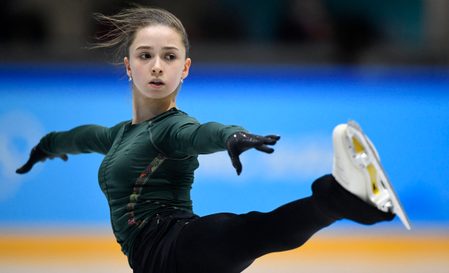
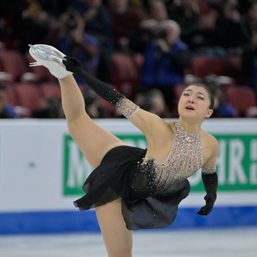
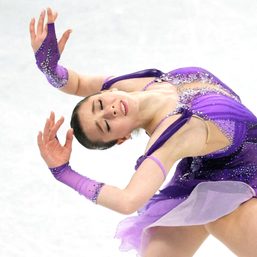
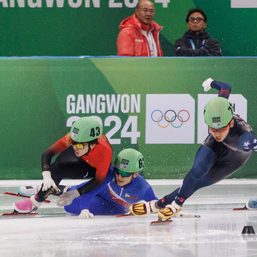
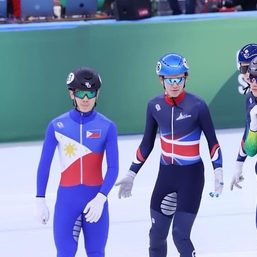
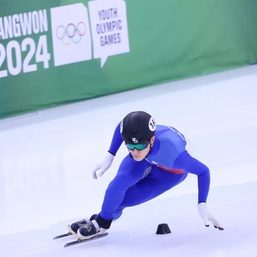
There are no comments yet. Add your comment to start the conversation.